‘I made a terrible, terrible mistake when I voted Leave’
Your digest of analysis from the British and international press
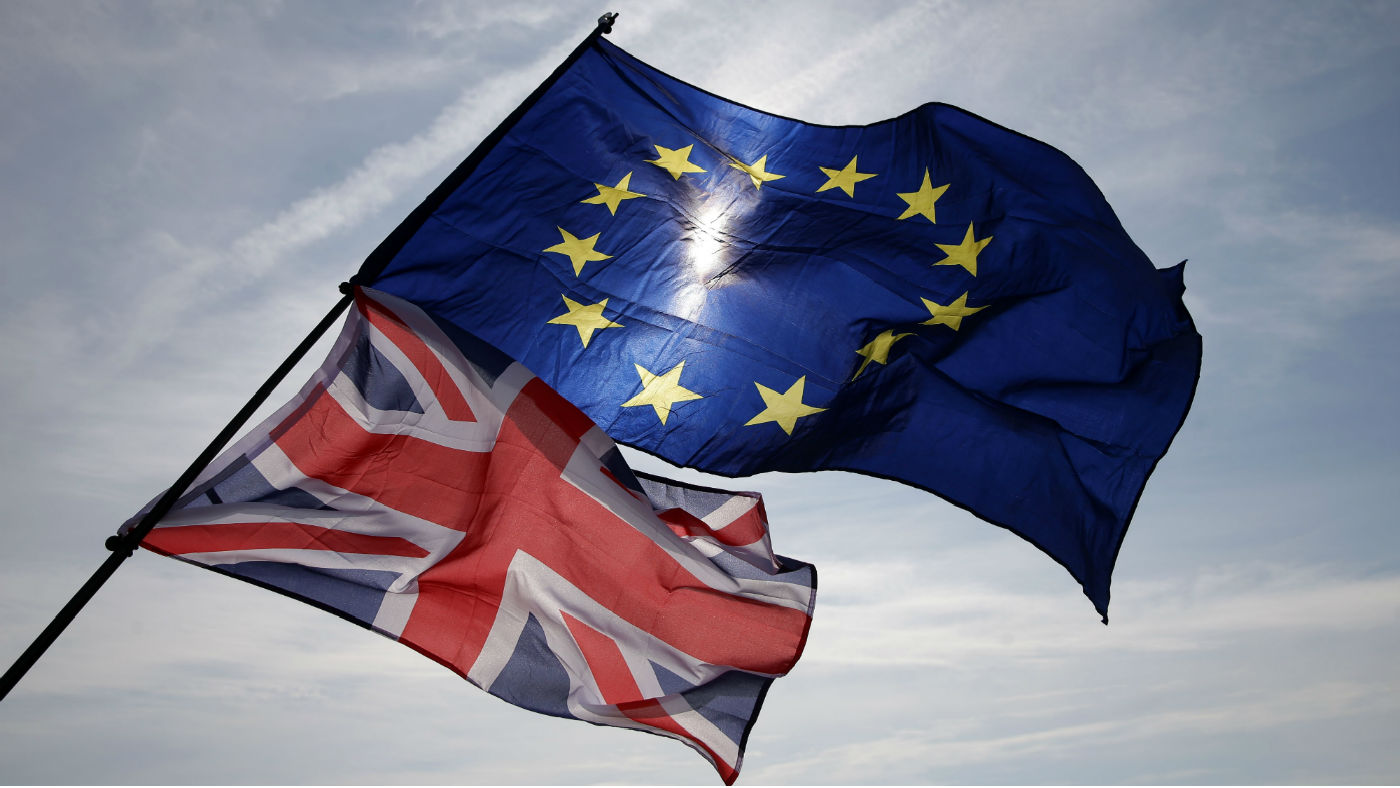
A free daily email with the biggest news stories of the day – and the best features from TheWeek.com
You are now subscribed
Your newsletter sign-up was successful
1. Six years ago today, I voted Leave – would I do the same again?
Sean O’Grady in the Independent
on saying sorry
Six years ago, writes Sean O’Grady, “I made a terrible, terrible mistake” by voting Leave in the referendum. “I thought Brexit would work, or at least could work and create the conditions to build a more competitive economy, and therefore a more prosperous one.” Writing in the Independent, he says “people like me understated how difficult life would be outside the EU, and overestimated the degree of freedom we could have in terms of access to crucial European markets as well as fast-growing economies around the world”. O’Grady “thought we could have our cake and eat it – keep most of what we liked about EU membership, and ditch the bits we didn’t want”. He concludes: “I’m sorry to say that, with rare exceptions, no one who voted Leave in 2016 properly understood what it would really entail to make it a success. Me included. I’m sorry.”
The Week
Escape your echo chamber. Get the facts behind the news, plus analysis from multiple perspectives.

Sign up for The Week's Free Newsletters
From our morning news briefing to a weekly Good News Newsletter, get the best of The Week delivered directly to your inbox.
From our morning news briefing to a weekly Good News Newsletter, get the best of The Week delivered directly to your inbox.
2. Why we are ready to strike: a panel of workers respond
Nicola Jukes in The Guardian
on poor maintenance
Railway ticket office worker Nicola Jukes writes in The Guardian that the government “keeps spinning” that rail workers are on £44,000, but “some of my colleagues are on just above the national minimum wage, so I’m voting for a pay rise and for no changes to our conditions”. However, she adds, “the most important reason for me to put a yes on my ballot paper is the proposed loss of maintenance staff within Network Rail”, which she believes “will be the downfall of our railway”. Adding that she “nearly died in the Hatfield crash” in October 2000, she writes that “four people died needlessly that day because proper maintenance had not been carried out” on tracks. “So, Mr Grant Shapps, this is not just about our pay,” she says.
A free daily email with the biggest news stories of the day – and the best features from TheWeek.com
3. Has Wimbledon simply forgotten Peng Shuai?
Kate Maltby for The i
on double standards
Kate Maltby understands why Russian players are banned from this summer’s Wimbledon tennis tournament. “The prospect of the Russian national anthem playing across the tennis fields while the Duchess of Cambridge hands the Wimbledon trophy to Daniil Medvedev would be a Russian propaganda coup nobody in SW19 wants to risk,” she writes in the i. “The problem for Wimbledon, however, is that once you discover you’ve got proud principles about standing up to international tyrants, you need to apply them consistently.” Maltby reminds us that Peng Shuai, China’s leading female tennis player, is still missing six months after publicly complaining that she had been forced into a non-consensual sexual relationship by a powerful Chinese politician. Yet China is not banned and is therefore “paying no price for what looks like a human rights atrocity perpetrated against a member of the international tennis community itself”, she writes.
4. Basket-case Britain is the definitive proof lockdown was an epic mistake
Allister Heath in The Telegraph
on Covid consequences
“Why is anybody surprised?” asks Allister Heath in The Telegraph. “You can’t lock down an economy and a society, pay millions of people to do nothing, spend and borrow and print tens of billions of pounds, and expect there to be no consequences, no day of reckoning, no bill to pay.” He argues that Britain’s “inflationary tsunami”, the rail strikes, the chaos at the airports, the “incompetence, decay and decline,” can all be “directly traced to Covid and lockdowns”. He said we are “now paying” for furlough and other support schemes “via a vicious stealth pay cut worth 5-10% in real terms, and a multi-year 15-20% decline in the value of cash”. Heath wonders “what would have happened to support for lockdowns had voters been aware that payback would be so prompt” and that “[Boris] Johnson’s handouts were a loan with an extortionate rate of interest, not a gift?”
5. ‘Choke lit’ bestsellers are a troubling trend
Laura Freeman in The Times
on literary violence
Laura Freeman has “noticed something odd” in her recent reading: “In the last two novels I’ve bought, the heroine is choked during sex.” She adds that: “This isn’t about literary merit. These may not be Very Nice books, but each is, in its own way, gripping. This isn’t about sex, either. It’s about violence.” Writing in The Times, Freeman calls it “choke lit”. She doesn’t want to be “prim and prohibitive” because “there’s no accounting for kink” but “the old British ‘slap-and-tickle’ seems to have become the new British ‘slap-and-throttle’”. She warns readers that “when choking goes wrong, it goes fatally wrong” as “restricting the airway can cause ‘euphoria’ and it can cause death” as consciousness is lost within four seconds. “Trigger warnings aren’t usually my thing, but I wish each of these books had a note about those four short seconds,” she writes.
-
 Political cartoons for February 15
Political cartoons for February 15Cartoons Sunday's political cartoons include political ventriloquism, Europe in the middle, and more
-
 The broken water companies failing England and Wales
The broken water companies failing England and WalesExplainer With rising bills, deteriorating river health and a lack of investment, regulators face an uphill battle to stabilise the industry
-
 A thrilling foodie city in northern Japan
A thrilling foodie city in northern JapanThe Week Recommends The food scene here is ‘unspoilt’ and ‘fun’
-
 EU-Tunisia agreement: a ‘dangerous’ deal to curb migration?
EU-Tunisia agreement: a ‘dangerous’ deal to curb migration?feature Brussels has pledged to give €100m to Tunisia to crack down on people smuggling and strengthen its borders
-
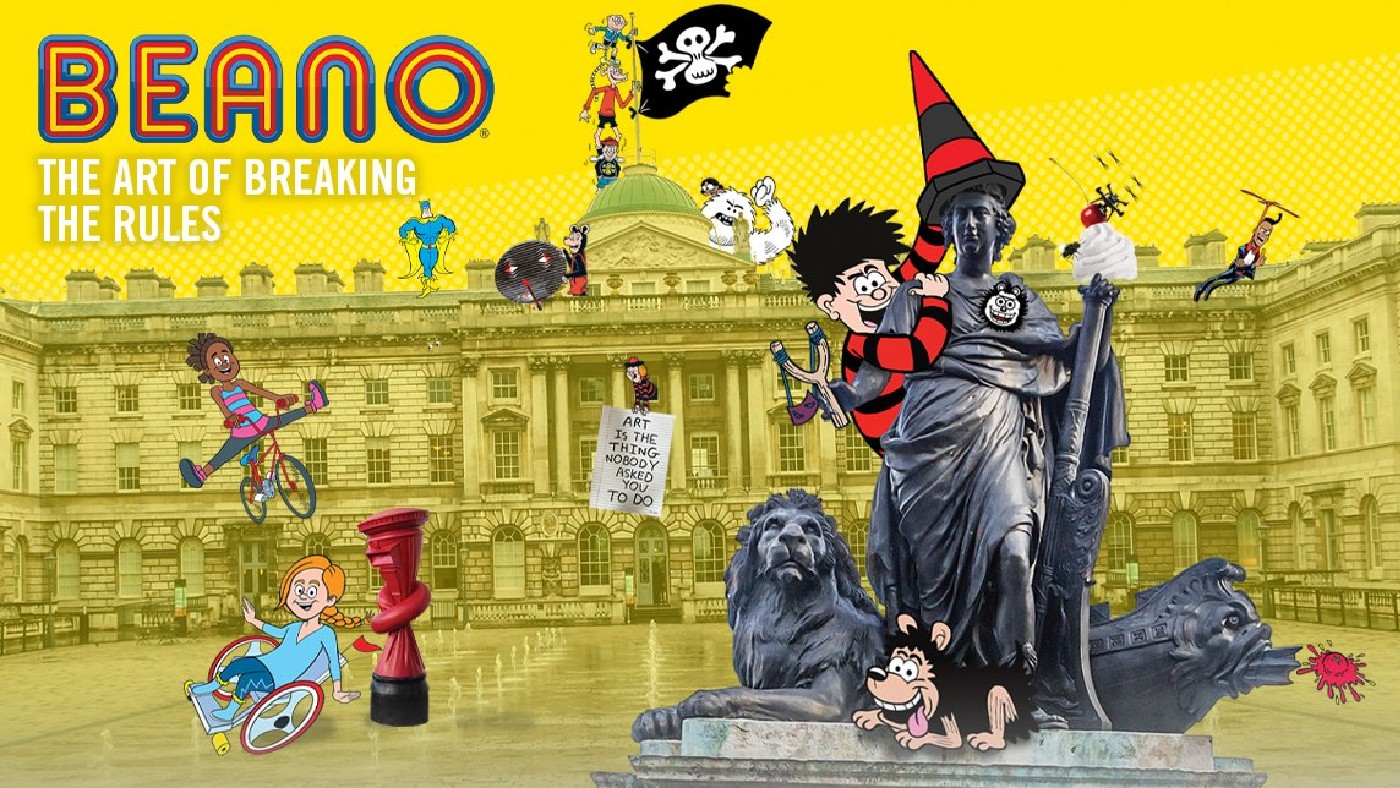 Beano comics sent to Australia
Beano comics sent to Australiafeature And other stories from the stranger side of life
-
 ‘The UK’s malaise will not end with the Prime Minister’s exit’
‘The UK’s malaise will not end with the Prime Minister’s exit’Instant Opinion Your digest of analysis from the British and international press
-
 ‘Police tactics are not getting worse, they are simply being filmed’
‘Police tactics are not getting worse, they are simply being filmed’Instant Opinion Your digest of analysis from the British and international press
-
 ‘G7 leaders missed a golden opportunity’
‘G7 leaders missed a golden opportunity’Instant Opinion Your digest of analysis from the British and international press
-
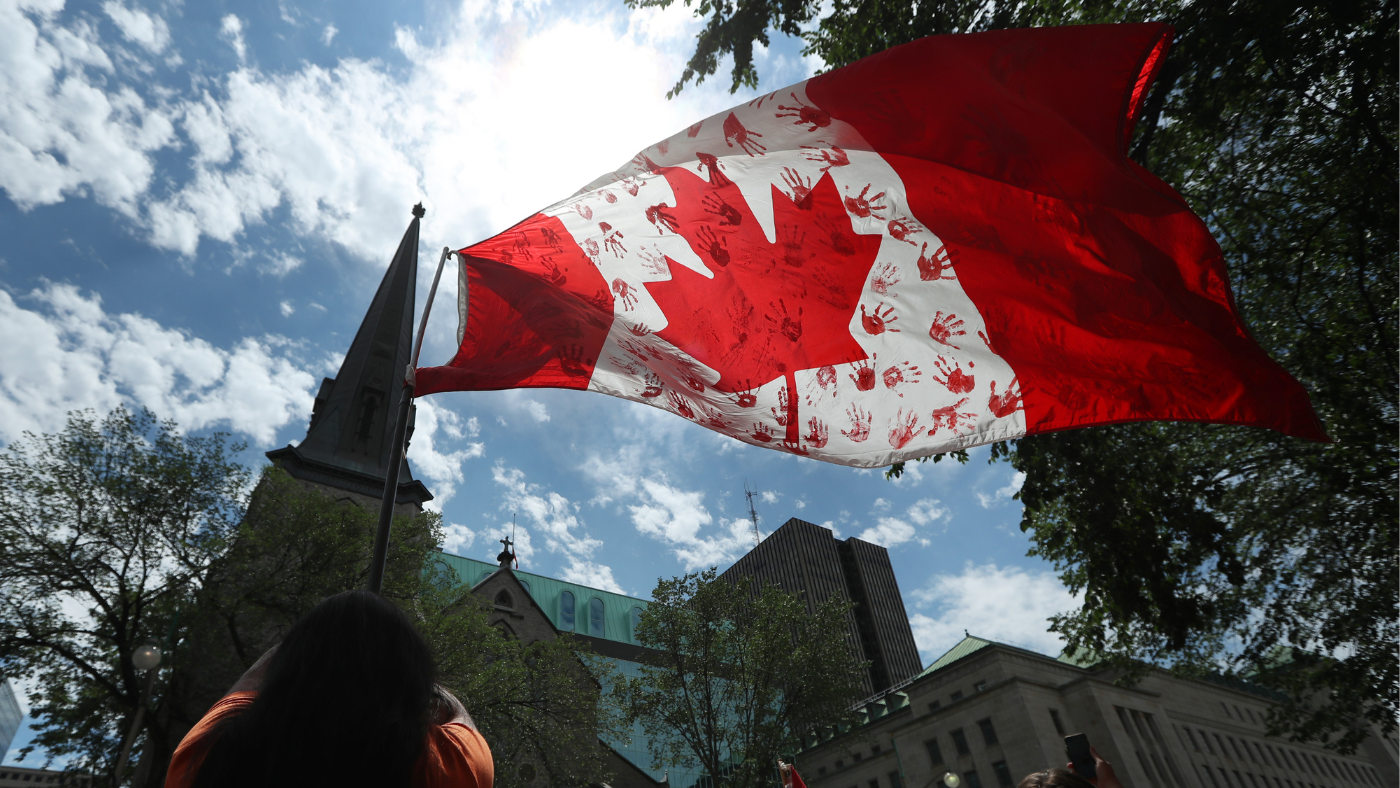 ‘It takes some soul searching to celebrate Canada Day’
‘It takes some soul searching to celebrate Canada Day’Instant Opinion Your digest of analysis from the British and international press
-
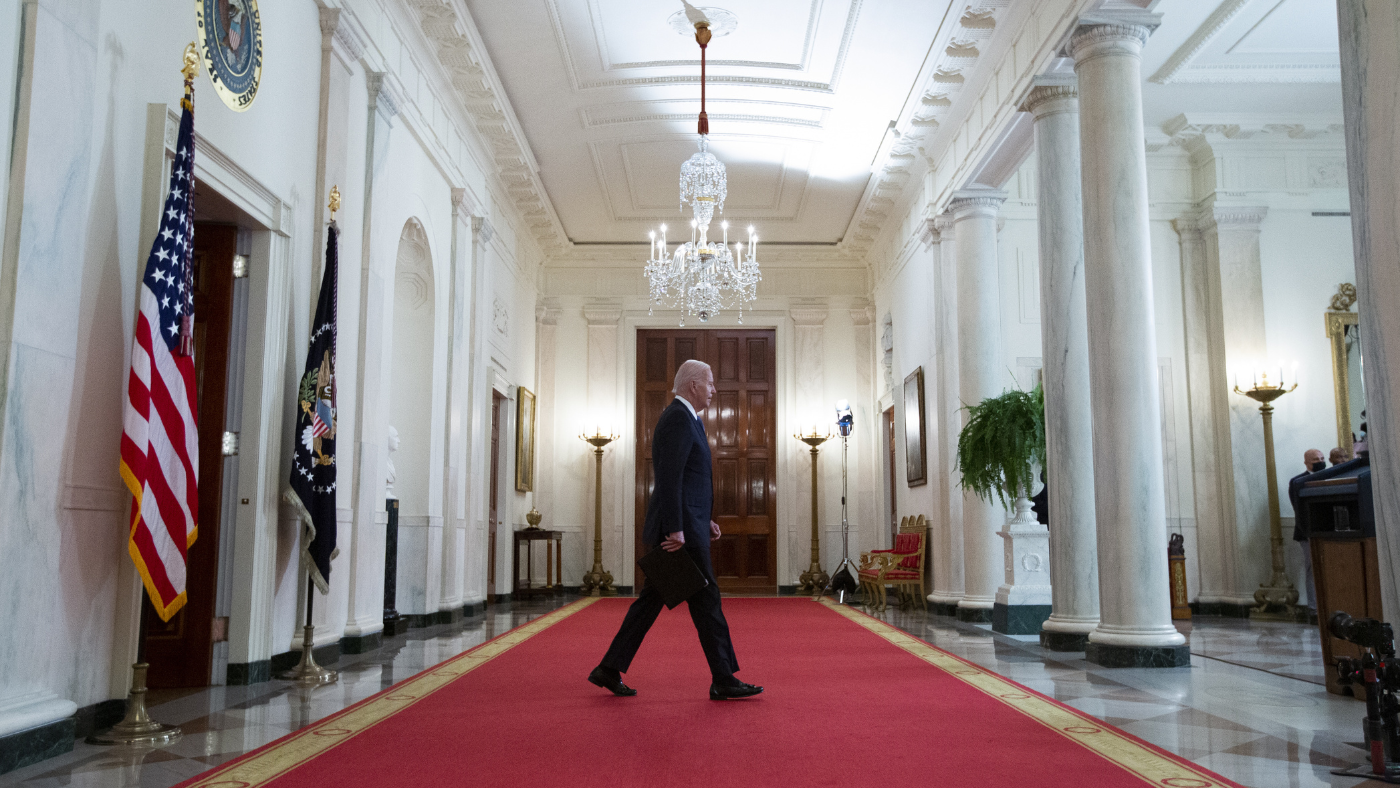 ‘Breakthrough on abortion rights could be there if Biden reaches for it’
‘Breakthrough on abortion rights could be there if Biden reaches for it’Instant Opinion Your digest of analysis from the British and international press
-
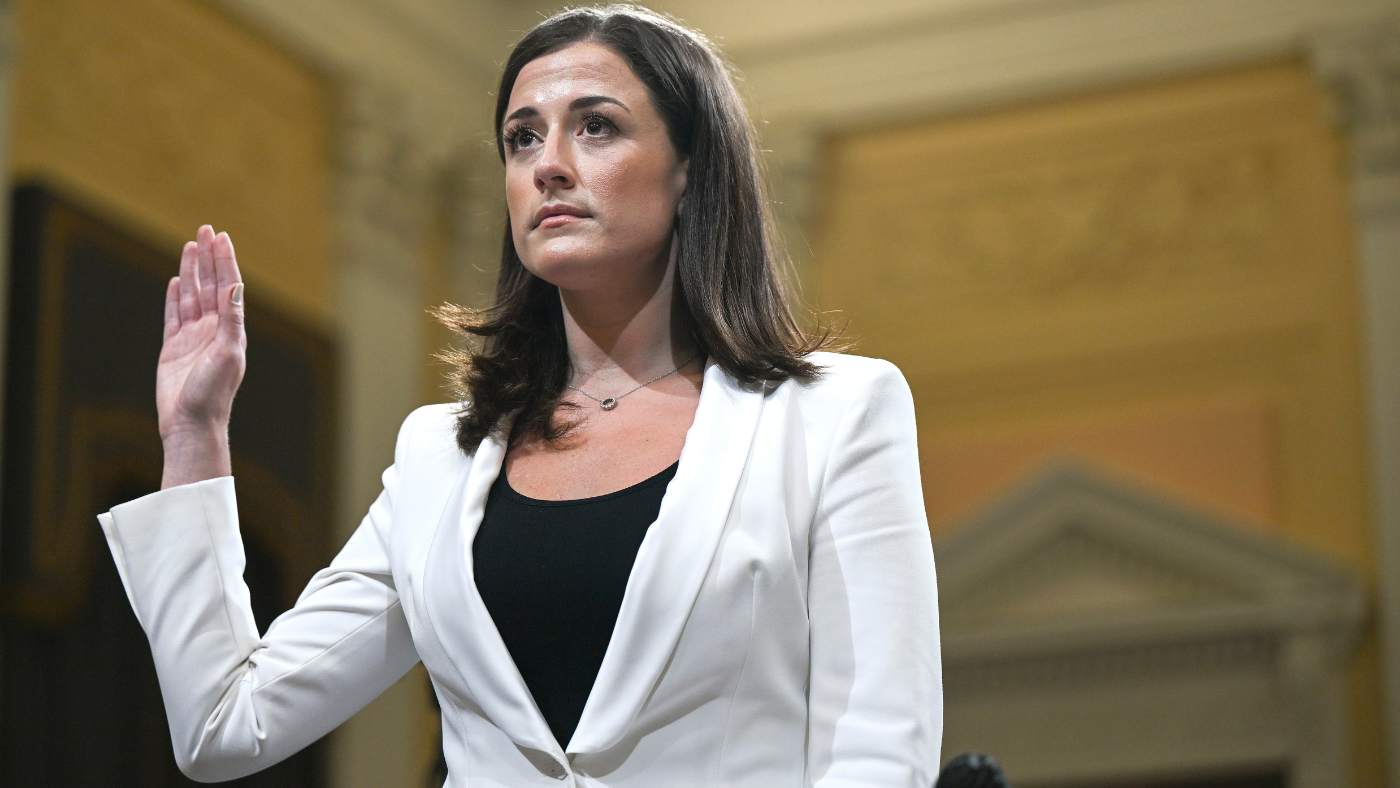 ‘If only Mark Meadows had even half Cassidy Hutchinson’s courage’
‘If only Mark Meadows had even half Cassidy Hutchinson’s courage’Instant Opinion Your digest of analysis from the British and international press